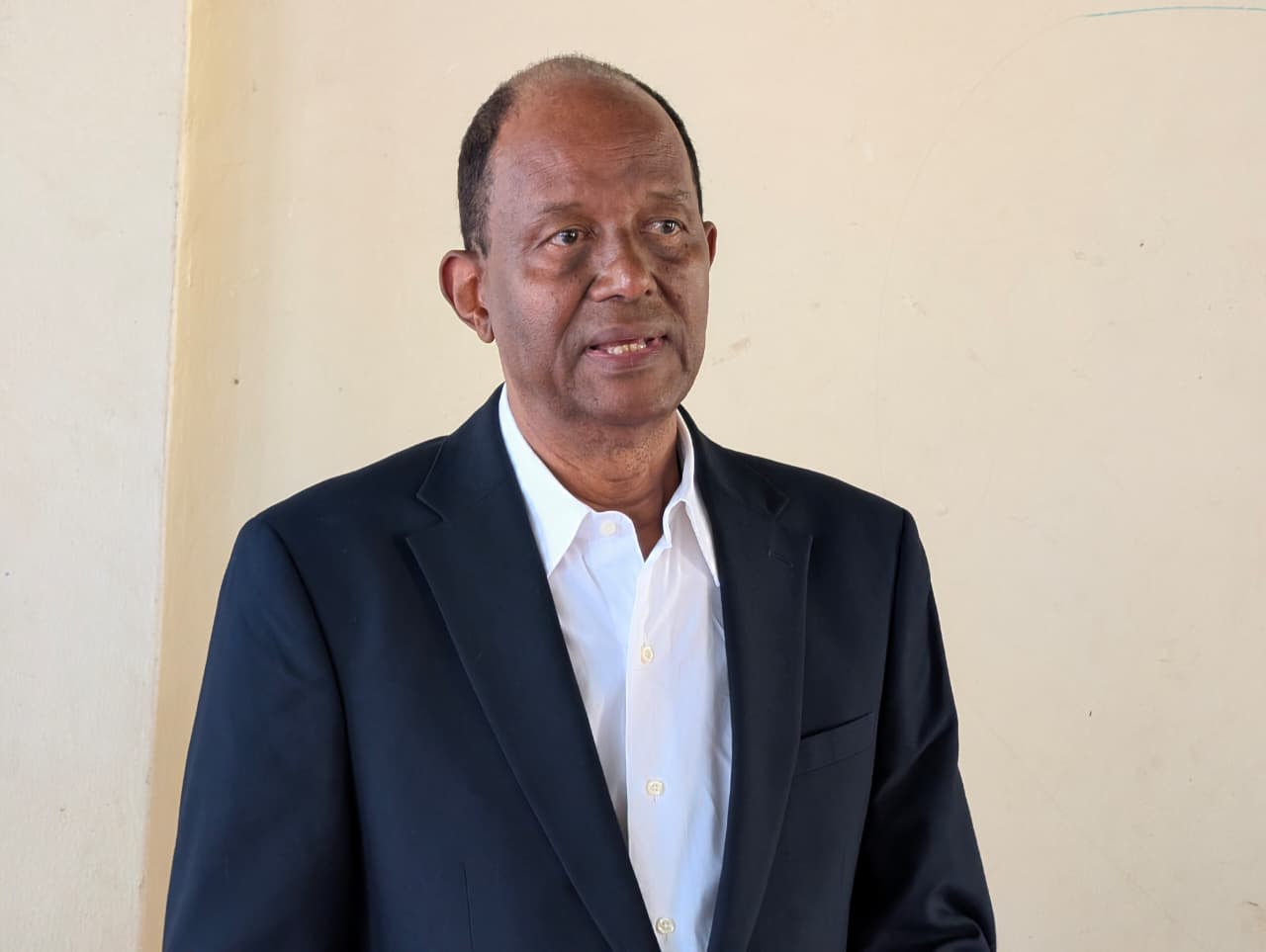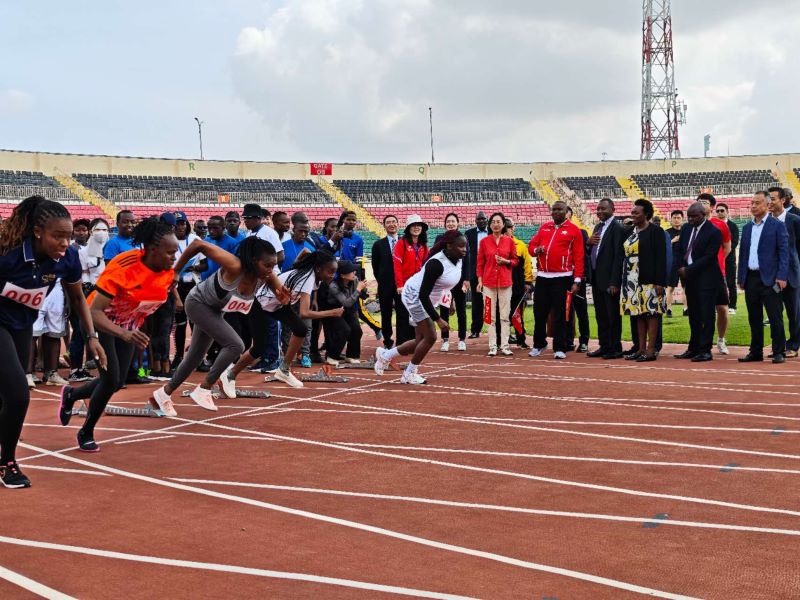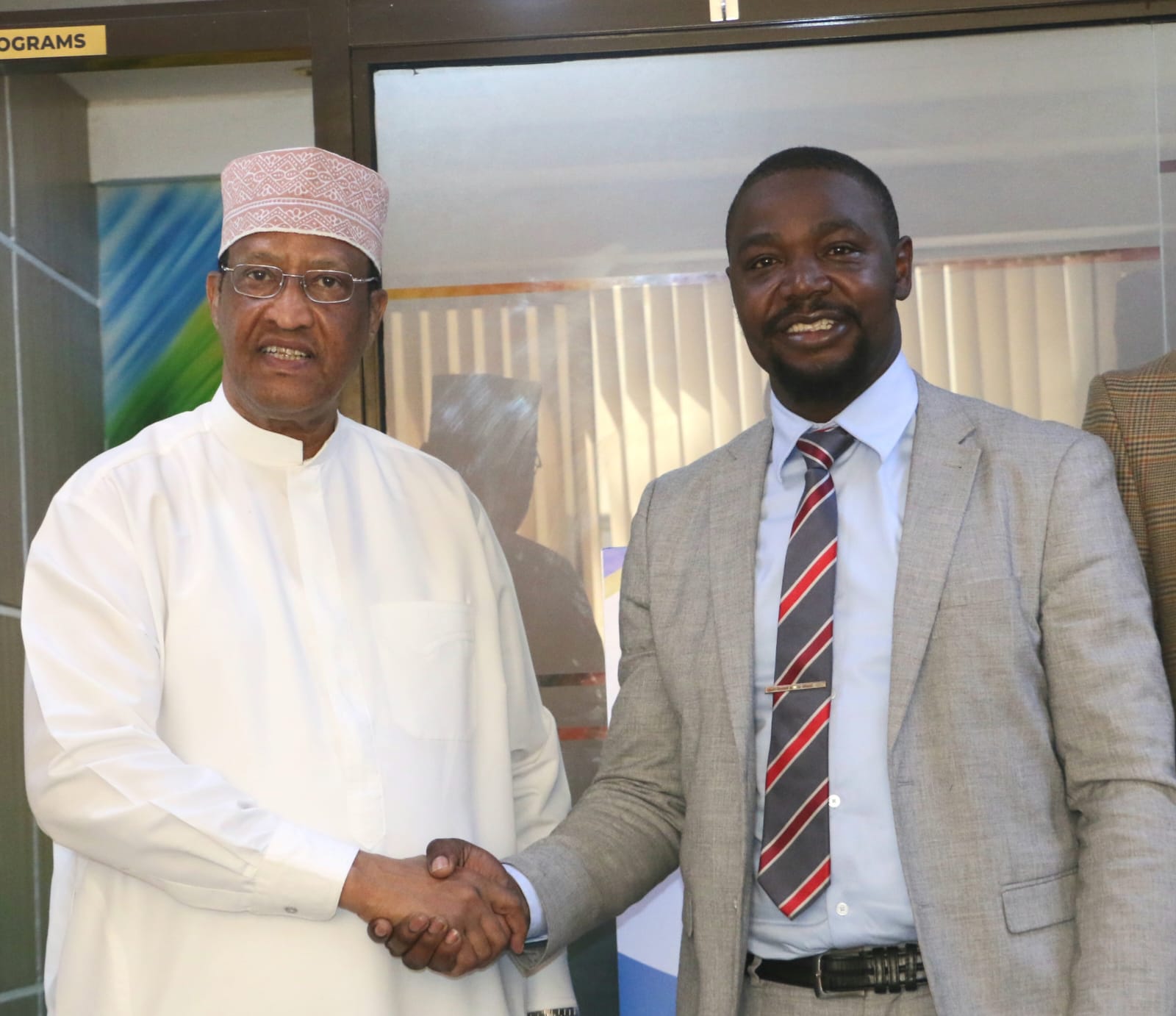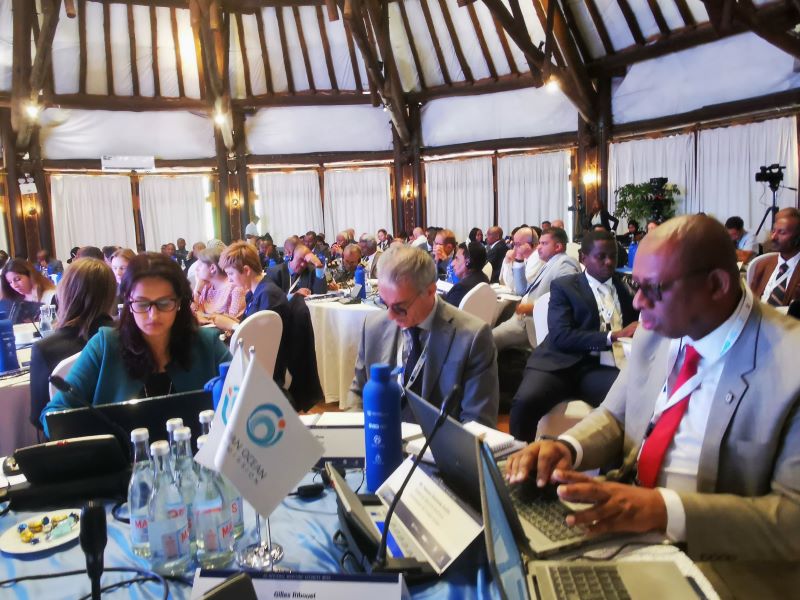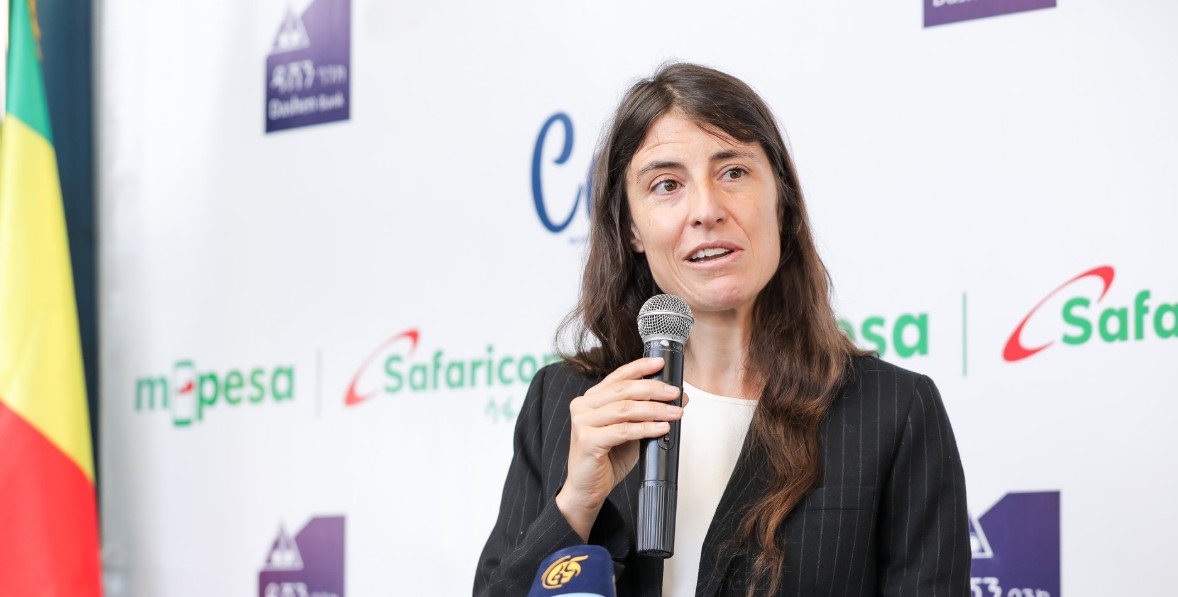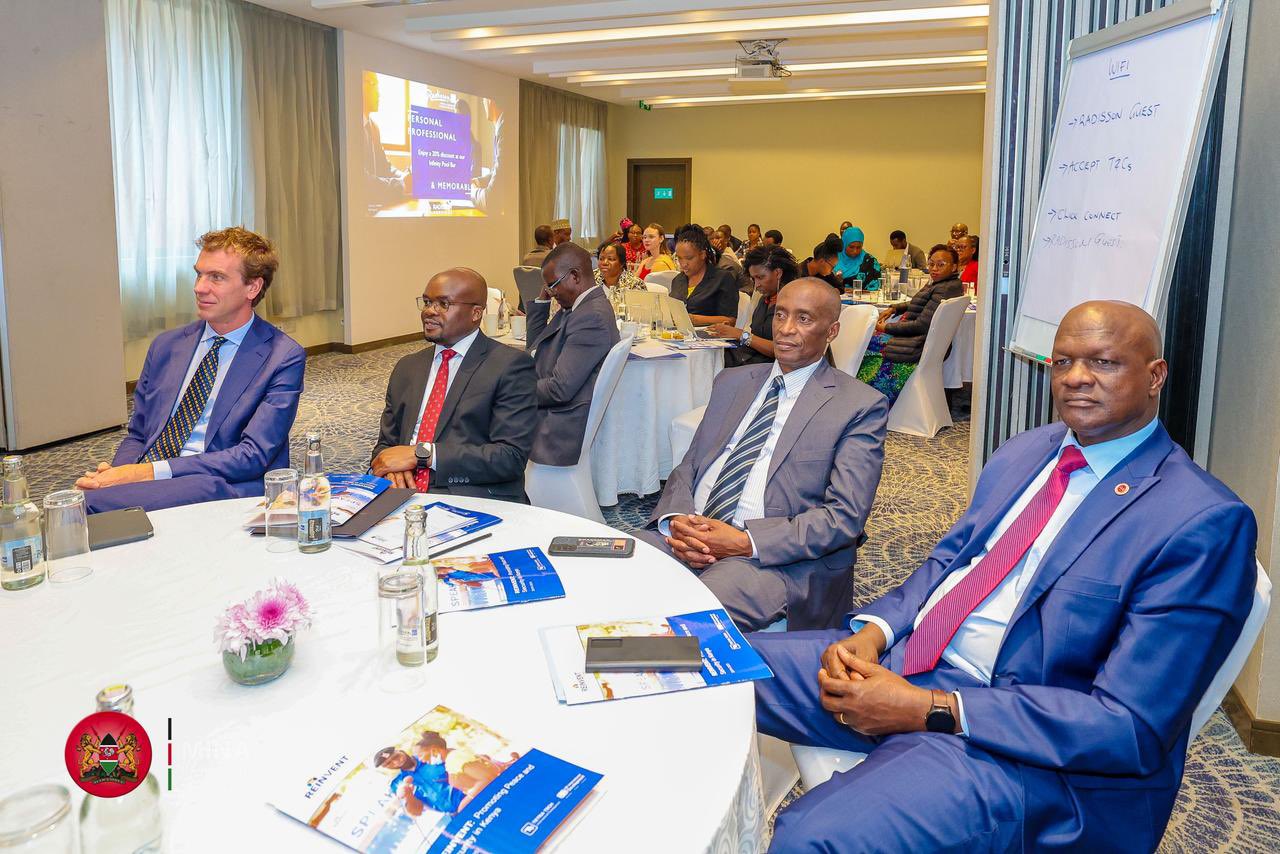OPINION: The crucial need for community land registration in frontier counties
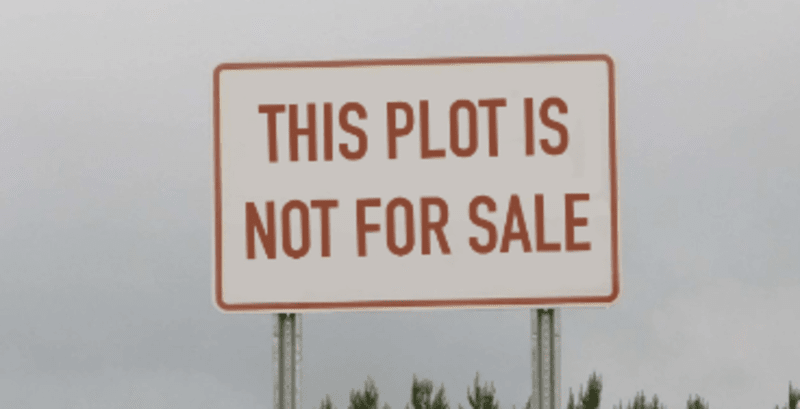
The lack of formal land registration has left communities vulnerable to land grabs, conflicts, and missed opportunities for sustainable development.
Kenya's Frontier Counties, spanning across the northern and eastern regions of the country, are home to diverse communities that have lived on and managed their ancestral lands for generations.
These lands are a source of livelihood and a critical part of their cultural heritage.
More To Read
- EACC recovers Sh35 million government land near Bungoma State Lodge after court orders eviction of developer
- Mombasa Governor Abdulswamad Nassir calls for unity to solve land crisis
- Government moves to enforce peace deal in 50-year Angata Barrikoi land dispute
- DPP recalls police file in Ringtone's Sh50 million land fraud case for review
- Ex-MP's co-accused in Sh150 million land fraud scheme charged, released on Sh1 million cash bail
- Former MP Sammy Mwaita charged with Sh150 million land fraud
However, the lack of formal land registration has left these communities vulnerable to land grabs, conflicts, and missed opportunities for sustainable development. It is high time that the people of the Frontier Counties prioritise community land registration to secure their future.
With the growing interest in carbon credit projects and other land-based investments, unregistered community lands are at a higher risk of being exploited by external actors. Land registration legally recognises and protects communities' rights to their lands, ensuring that any development projects are carried out with their free, prior, and informed permission.
However, the obstacles associated with community land registration in the Frontier Counties can be overcome. The biggest impediment is a lack of priority and concerted action by the communities. No tangible efforts are being made to make it a reality.
Understandably, communities are preoccupied with various pressing issues, but land registration should be at the top of their agenda. The timing is crucial, and delays will only make the process more difficult in the face of increasing land pressures. Social media discussions, while important for raising awareness, will not suffice to secure community land.
The responsibility for community land registration lies primarily with the communities. The government, at the county and national levels, has a role to play in facilitating the process, but the communities must take the lead. This requires a collective effort, with community members organising themselves, mobilising resources, and submitting their land registration applications to the relevant authorities.
Community land registration can be complex and daunting, but it is not an impossible task. There are examples of successful community land registration initiatives in other parts of Kenya, which can serve as a source of inspiration and guidance to the people of the Frontier Counties. Moreover, some organisations and experts are willing to provide technical support and advice to communities navigating the registration process.
It is important to recognise that community land registration is a means to achieve sustainable development and protect the rights of local communities. By securing their land rights, communities can engage in land-use planning, natural resource management, and other development initiatives that align with their values and aspirations. This, in turn, can attract responsible investments and partnerships that benefit the communities and the counties.
Unregistered community lands are subject to illegal taking, resulting in disputes, relocation, and loss of livelihoods. Furthermore, without established land rights, communities may be viewed as anti-development or disorganised, further marginalising them in decision-making processes.
It is time for the people of the Frontier Counties to take control of their destiny by prioritising community land registration. This requires a concerted effort by community leaders, civil society organisations, and the government to create awareness, build capacity, and support the registration process. Every community group that submits its application to the government deserves the full support and encouragement of all stakeholders.
In conclusion, community land registration is not just a bureaucratic exercise but a critical step towards securing the rights, livelihoods, and future of the people of the Frontier Counties. It is a collective responsibility that requires the active participation and leadership of communities. By working together and taking concrete actions, we can ensure that our ancestral lands remain a source of pride, resilience, and prosperity for future generations.
The writer is a public policy specialist and a management consultant. He is a regular commentator on contemporary public issues affecting Northern Kenya.
Top Stories Today




